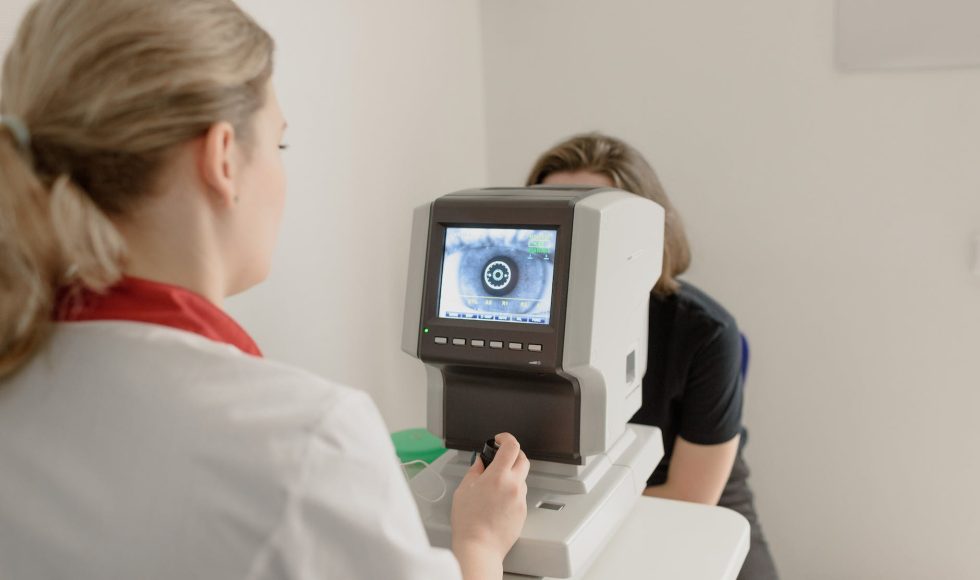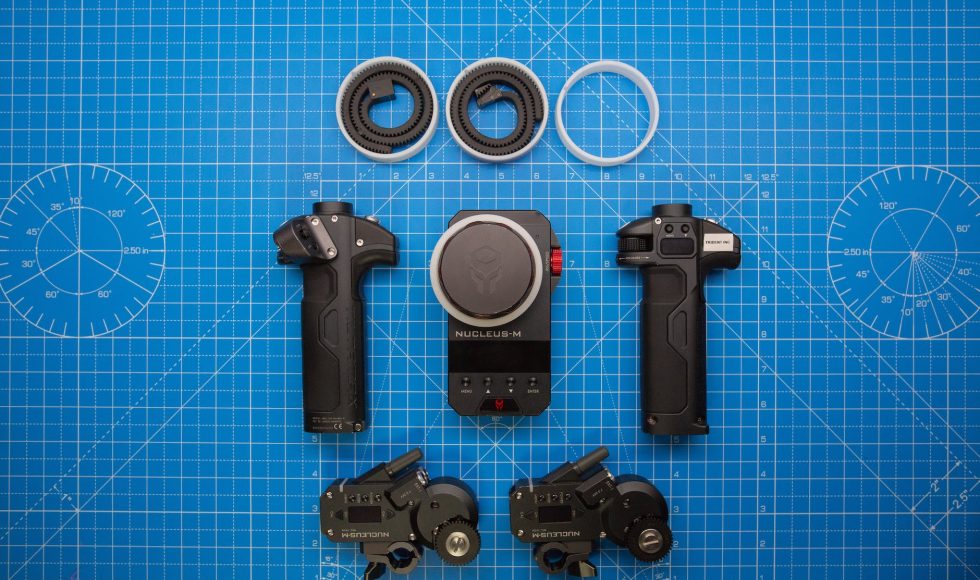“Filling the gap with long-read sequencing: lessons from Genomics Thailand” is the title of the London Calling session I watched tonight. The speaker was Manop Pithukpakorn from Siriraj Genomics at Mahidol University in Thailand. They spoke about the similarities of the program and Genomics England. The aim of Genomics Thailand is to implement genomics medicine […]
Ahmad Abou Tayoun from the Al Jalila Children’s Specialty Hospital in the United Arab Emirates, presented at London Calling 2023 a session entitled “Nanopore sequencing as a potential diagnostic tool for genetic diseases in the Middle East.” They noted that “rare diseases are individually rare but are collectively common…” There are globally ~6,000 rare diseases […]
Marina Kennerson from The ANZAC Research Institute in Australia spoke at London Calling 2023 about “Solving genetically undiagnosed inherited neuropathy families: long-read sequencing to the rescue.” Inherited peripheral neuropathies (IPN), Kennerson explained, can be divided into hereditary motor neuropathies (HMN), hereditary sensory neuropathies (HSN), and hereditary motor and sensory neuropathies (HMSN). Kennerson noted that HMSN […]
Tonight I watched the London Calling 2023 session by Gavin Arno from the University College London Institute of Ophthalmology, Moorfields Eye Hospital & North Thames Regional Genomics Laboratory Hub in the UK. Arno presented a session entitled “The potential clinical utility of amplicon and targeted nanopore sequencing for rare disease diagnosis.” They spoke about how […]
Belen de la Morena-Barrio from the University of Murcia, Spain presented at London Calling 2023 on “Nanopore sequencing reveals retrotransposon insertions or complex genetic mechanisms in four rare disorders.” Morena-Barrio spoke about the impact of “rare” diseases and the challenges of diagnosis. They noted that often it takes four or five years for accurate diagnosis […]
Yuichi Shiraishi from the National Cancer Center in Japan presented at London Calling 2023 on “Precise characterization of somatic complex structural variations from paired long-read sequencing using nanomonsv.” Shiraishi explained that long-read sequencing is effective for detecting somatic structural variations (SVs), though there are few tools for systematically detecting somatic SVs using paired tumor and […]
Hilary Elrick from EMBL-EBI in the UK spoke at London Calling 2023 about “SAVANA: a computational method to characterise structural variation in human cancer genomes using nanopore sequencing.” They spoke about the structural variants in cancer and how much is still unknown or understudied. Elrick studied sarcoma and glioblastoma. Sarcomas are cancers of bone and […]
Tonight I watched the London Calling 2023 session by Kieran O’Neil from Canada’s Michael Smith Genome Sciences Centre at BC Cancer, Canada. The session title is “The potential of nanopore sequencing for personalised genomics.” They have been supporting a Personalized OncoGenomics Program (POG) that has focused on short-read whole genomes and interested in long-read sequencing […]
I am at the Gordon Research Conference in Maine. This is my first GRC! I was able to rest a little this afternoon and watched the London Calling 2023 session entitled “Genomics England long-read cancer whole -genome sequencing pilot” presented by Helen Webb from Genomics England, UK. Genomics England is also called GEL. Webb disclosed […]
On Thursday, we received our Oxford Nanopore Technologies (ONT) P2! I am also starting to watch London Calling 2023 sessions on YouTube. As I am traveling to my first Gordon Research Conference (GRC) tomorrow and I am eager to use our P2, I watched the London Calling 2023 session entitled “How to load a PromethION […]











